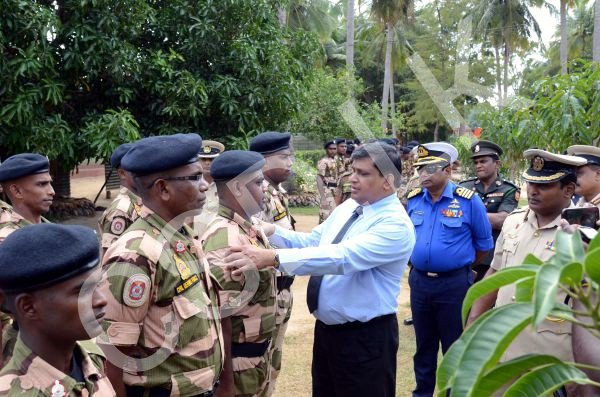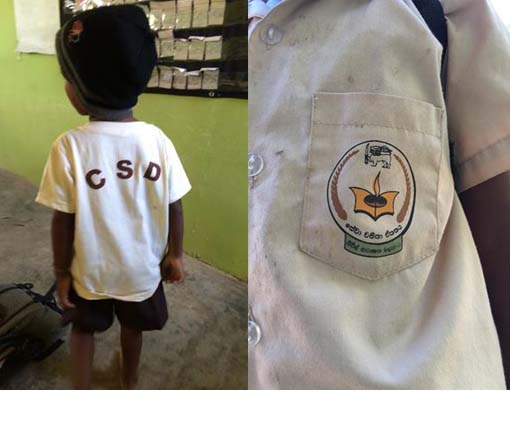The Sri Lankan Civil Security Department’s (CSD) activities in the Vanni have embedded and normalised militarisation in the region as well as creating an “economic dependence on the military,” stated a report by the Adayaalam Centre for Policy Research (ACPR) today.
“The growth of the CSD in the Vanni points to the larger issue of the Sri Lankan military’s failure to transition into a reduced post-war role,” stated a press release. “Instead, the military’s approach to its post-war role has been to embed and normalize the process of militarisation, thereby extending its control and subjugation of Tamil populations in the Vanni.”
 |
 ACPR noted that the CSD has “aggressively targeted” former LTTE cadres and war-affected women in the Vanni to join its ranks, and has become one of the largest providers of employment in the region, employing over 3000 individual in Mullaitivu and Kilinochchi alone. The CSD runs agricultural projects and employs pre-school teachers as part of its activities.
ACPR noted that the CSD has “aggressively targeted” former LTTE cadres and war-affected women in the Vanni to join its ranks, and has become one of the largest providers of employment in the region, employing over 3000 individual in Mullaitivu and Kilinochchi alone. The CSD runs agricultural projects and employs pre-school teachers as part of its activities.
As a result, not only has this led to the creation of economic dependency on the military, but the CSD has also suppressed civic activism and led to a destruction of community identity, as well as the further marginalization of women who face a greater risk of gender-based violence and also a diminished ability to seek redress when it occurs.
The international community must “make the cessation of the military’s involvement in civilian activities a pre-condition of any military-to-military relationship building” said ACPR, as well as ensuring any development assistance going into the Vanni is not “inadvertently endorsing or supporting the militarised economy”.
The report comes as the United States in particular has shown an interest in greater military relations with Sri Lanka, recently concluding a major military exercise earlier this week.
ACPR concludes by stating “permitting the military’s control over war-affected Tamil populations in the North will only further the cycle of conflict and will destroy any hopes of building a truly participatory democracy and sustainable peace.”
See the full text of the report here.
